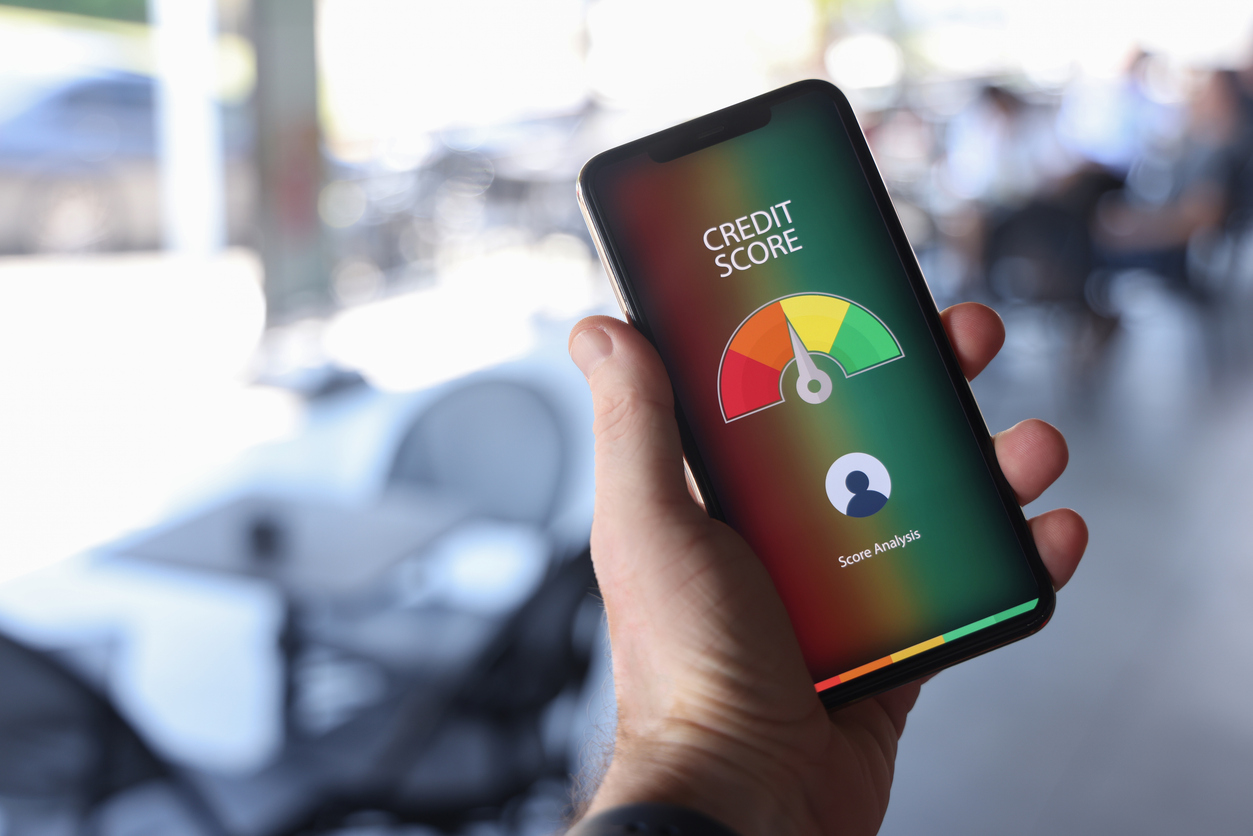
Key takeaways
-
A credit check is a standard part of the application process for home equity loans (HELs) and home equity lines of credit (HELOCs).
-
Lenders rely on your credit score to determine your qualifying terms for a HEL or HELOC.
-
Borrowers with lower credit scores may qualify for a HEL or HELOC, but at higher interest rates and other less-favorable terms.
-
A home equity agreement (HEA) may be a suitable alternative for borrowers with credit scores that don’t meet requirements for HELs or HELOCs.
Applications for home equity loans (HELs) or home equity lines of credit (HELOCs) with no credit checks are uncommon. As this article explains, lenders and other institutions heavily rely on your credit score when it comes to loan decisions.
Even if you can qualify for an HEL or HELOC with a lower credit score, it may come at a greater cost. Here, we will show you an alternative that exists to these financing options equity loans that may provide more flexibility.
What are home equity loans and home equity lines of credit?
For many Americans, their primary source of wealth is the value of their home, which is an illiquid asset. This may create challenges for homeowners who find themselves short on the cash necessary to meet living expenses or other financial obligations.

To help, homeowners may apply for a home equity loan or home equity line of credit through their mortgage lender or another financial institution.
A home equity loan (HEL) lets you borrow money against the equity in your home. The lender gives you a lump sum upfront, which you then repay in equal monthly installments at a fixed interest rate over a set term, usually between 5 and 15 years. In the meantime, your home serves as collateral.
A home equity line of credit (HELOC) is similar to a home equity loan in that it allows you to borrow against your home’s equity, and in that you risk foreclosure if you default.
Unlike home equity loans, HELOCs don’t come in the form of lump sums. Instead, you get a rolling line of credit that you can tap into whenever you need money. This can be a good solution if you aren’t sure how much you’ll need or when you’ll need it.
Another key difference is that unlike home equity loans, which have fixed interest rates, most HELOCs have adjustable rates. This means that the interest rate and, by extension, your monthly payments, may change – and go up – over time.
Credit checks are almost always required with HELs and HELOCs
As with a mortgage, obtaining a HEL or HELOC generally requires the lender to access your credit score. A credit score is a number that represents your overall creditworthiness based on your credit history, income, total debt and other factors. A lender will rely on this information to approve a borrower for a loan and to the borrower’s qualifying terms (loan amount, interest rate, maturity date).

Some lenders may offer a HEL or HELOC to a borrower without a credit check, but this would be an exception. It may happen in situations where a borrower can submit evidence of homeownership free of any other liens, security interests or other encumbrances. The borrower must be willing to offer their home as collateral in exchange for the loan.
More realistically, a lender will still require a credit check of some type before agreeing to either a HEL or HELOC, and look for a minimum qualifying score of around 620. The reason is that the lender needs to understand the financial risk you may or may not present when it comes to repaying the loan.
Costs associated with lower credit scores
While a lender may still offer a HEL or HELOC to a borrower with a lower credit score, it will generally come at a greater cost. These costs can come in several forms, but are mainly through less-favorable loan terms such as:
-
A lower qualifying loan amount: You may not receive as much cash as you need.
-
Higher interest rate: A lender may impose higher interest rates, which means you will pay more cash over the long term.
-
Shorter maturity date: The length of time you may have to repay the borrowed amount may be shorter.
-
Additional fees: Lenders may also insist on payment of origination or other closing fees. Prepayment penalty fees may also apply.
There is an alternative to HELs and HELOCs
A HEL or HELOC may not be the best solution for your cash needs if you have built up value in your house. In these circumstances, a home equity agreement (HEA) through Unlock Technologies may be preferable.
Unlike a loan, a HEA involves the sale of a percentage of the ownership of your home in exchange for cash proceeds. You retain ALL occupancy rights, but Unlock Technologies places a lien on the property to secure its ownership interest. The amount of proceeds you can receive will be a percentage of your home’s market value at the time of the agreement. The percentage Unlock receives in exchange is typically a few percentage points higher than the percentage of cash proceeds.
How do you repay a HEA?
Repayment to an HEA provider happens in one of two ways. The first option is that the provider may receive proceeds from a future sale of the home (within the term length of the agreement) that is equal to its ownership percentage. A HEA is generally for a 10-year term, so a homeowner would have that long to repay the owed amount.
An option for homeowners who don’t want to sell their home is to buy out the ownership percentage of Unlock Technologies. Before the buyout, Unlock would obtain an appraisal of the home to determine its fair market value. The buy-out amount would be the corresponding ownership percentage based on the appraised value.
Advantages of a HEA
Since a HEA is not a loan, there is no monthly repayment of interest and principal. This provides homeowners the ability to use the cash proceeds for other financial obligations.
Accessing the equity in your home usually comes with credit checks. But you may qualify for a HEA with a minimum credit score of 500 as long as you are a homeowner with equity in your home.
Contact Unlock Technologies today to learn whether you can qualify for an HEA.
The blog articles published by Unlock Technologies are available for general informational purposes only. They are not legal or financial advice, and should not be used as a substitute for legal or financial advice from a licensed attorney, tax, or financial professional. Unlock does not endorse and is not responsible for any content, links, privacy policy, or security policy of any linked third-party websites.”


